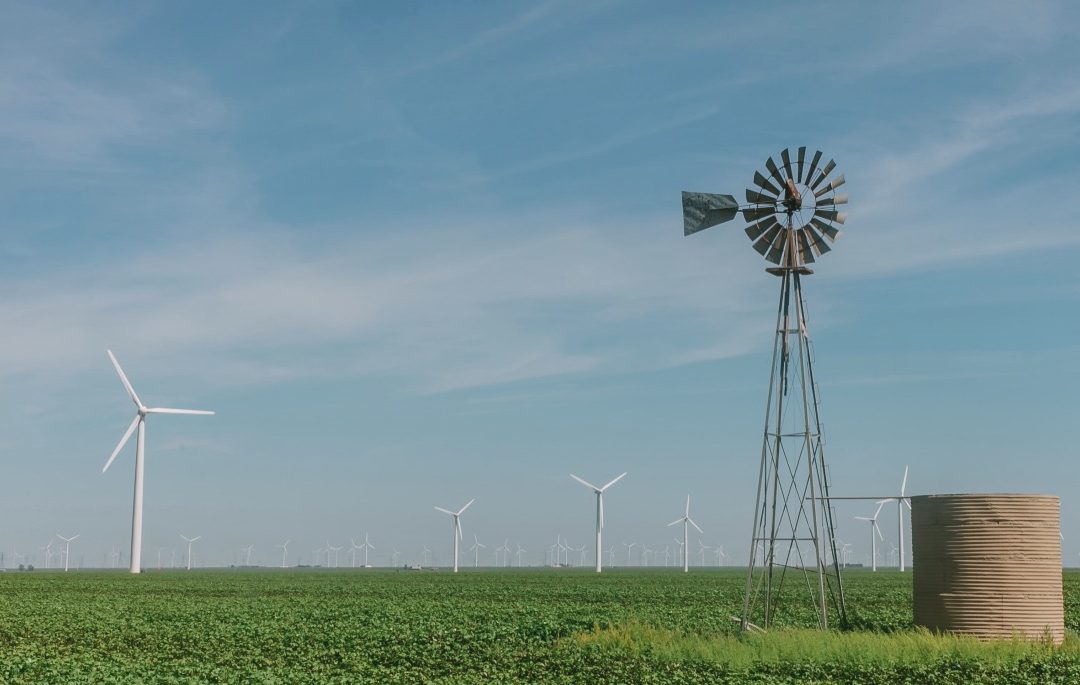Reposted from December 2018
When you think you are too small to make a difference, you have never tried to sleep with a mosquito.
African Proverb
As many of you who follow my blog know, the recent California wildfires have impacted many of my friends and family.
After the relief that my property came through with minimal damage, I realized I was still under immense stress. Even as I write, the stress is stirring around in the background. Since the rains have just begun to arrive, as is confirmed each year after the fires burn all to ash, the rains wash the ash away… Or, as often happens, the rains create the next yearly natural disaster, the mudslides. Let us hope this yearly occurrence will not follow last year’s massive disaster. One of my coping mechanisms when stressed is to become active, and other times, I become very quiet and still. But initially, I became active. Perhaps I chose activity because my adrenaline would not allow me the stillness.
During the days when so many had evacuated their homes, I cooked for my friends, helped with horses, and took supplies to people and pets who were claiming a parking lot for their homes. Regarding stress eating, I vicariously enjoyed others eating what I could provide. My stomach was in knots, but it made me feel better about feeding others.
The thoughts we may have when we think about doing something helpful or life-altering for others are often accompanied by grandeur thoughts of feeding ALL of the world’s starving children and all animals.
I must repeat a mantra on and off: ” I can not save all of the {blank}.”
I have struggled with this desire to take in every four-legged who needed some help. And when I was younger, I would become distressed because I did not know how I would save the world.
Those grandiose thoughts can turn to disappointment and disillusionment when the prospects of accomplishing them look daunting. While the intentions begin as positive ideas, they become extinguished when no action is taken.
Thoughts can turn to “I cannot do something excellent and global, then what is the point in doing anything?”
This is where I came to one of my Let Go moments. Realizing I could not make a dent in saving the world was depressing.
Then, I changed my thoughts about what the world was.
My AhHa moment was understanding that we all live in our worlds. No matter how big or small, we have our reality. Instead of trying to save the world, I realized I could make a difference in the world of individuals, one person at a time—or, in this case, in the lives of one animal at a time.
One definition of the word World is: The sphere or scene of one’s life and action.
So, while in my action mode, I contacted my community of friends, colleagues, and actors, asking if anyone wanted to donate gift cards or essentials to the fire victims I collected for my tribe. My tribe consisted of my friends and friends of friends who had lost everything—and also, as it turns out, of perfect strangers.
With the efficiency of social media, emails with gift cards attached and donations began rolling in. When I receive one, it is passed on to someone in need. I felt like Santa Claus or the Tooth Fairy and realized that people are innately good. They want to help. They need to know how to—knowing that contributions are a grassroots effort and would be directly handed to someone in need made a choice easy.—the simplicity of how to help allowed individuals to take action.
Some sent gift cards via mail, so I had a small stack in my car to hand out as I ran into people who needed it. My priority was those who lost everything. Altho h five $50 may not be life-changing in the scope of a total loss, it grew tenfold with the thought behind it.
“It’s the thought that counts”, in this case proved to be true and powerful.
Just a day or so after the fire started, many were not yet allowed back into their homes or neighborhoods; while I was at a store, I overheard a woman at the cashier next to me explain to the cashier that she had lost everything in the fire. As I quickly observed her, I watched her pull an envelope of cash from her purse. Looking inside, she commented that she didn’t have enough money and needed to grab her wallet, which she had left in her car. She grabbed her purse, commented to the cashier that she would be right back, just needed to get her wallet, and walked out of the store.
The cashier, annoyed, commented to the cashier helping me ‘ What am I supposed to do now?”
I “said, “She’ll be right back; She said she had her wallet in the car.”
My cashier said, ” But we can’t hold up the line for one person; my response was, “She just lost her house in the fire. Give her a break.”
Then the cashier helping her said, ” How do you know that?”
Exasperated, I responded, ” She just told you.”
I quickly checked out. Walking to my car, I saw she was returning to the store. After dropping my package in my car, I returned with two gift cards.
Approaching her at the checkout, I said, “Excuse me, I could not help overhearing you had lost your home. I know this is not much, but please accept these cards and use them to treat yourself to something you need.”
In disbelief, tears welled in her eyes, and mine teared up. We hugged. She kept thanking me, and I told her thanks were unnecessary; however, I told her I would pass the thanks along to my tribe. Most likely, I will never see her again. Her name is Lisa, but through the generosity of those who sent in these gifts, they unknowingly made a ‘dent’ in Lisa’s world.
The stories of Lisa’s are numerous, and I can retell so many small kindnesses I have heard. Most often, the stories that bring tears to those sharing their experiences are about the most minor things—the offer of WiFi, a cup of coffee, or a dog bed for a displaced pet.
A gesture of understanding can have far-reaching effects on someone who feels disassociated from their former lives. Never underestimate the power of simple courtesies. An offer to step inside a warm room may be the most valuable gesture when one is cold.
As with all things, we arrive at our destination step by step. Letting Go of the idea that saving the world was a daunting task and instead understanding that saving the world was as simple as having compassion for a fellow human’s frailties, even if those frailties were temporary, was a giant step.
Never doubt that a small group of thoughtful, committed citizens can change the world; indeed, it’s the only thing that ever has.
– Margaret Mead
Share your Let Go Moment






Perla Fernanda
What a lovely story! Not only that but also one that made me reflect on my life too, I often times feel overwhelm too by trying to save the world. My new approach this year has been to help one person first myself, then my tribe (as you call it :D). Then little by little, it won’t be just one mosquito, it will be a bunch 😀